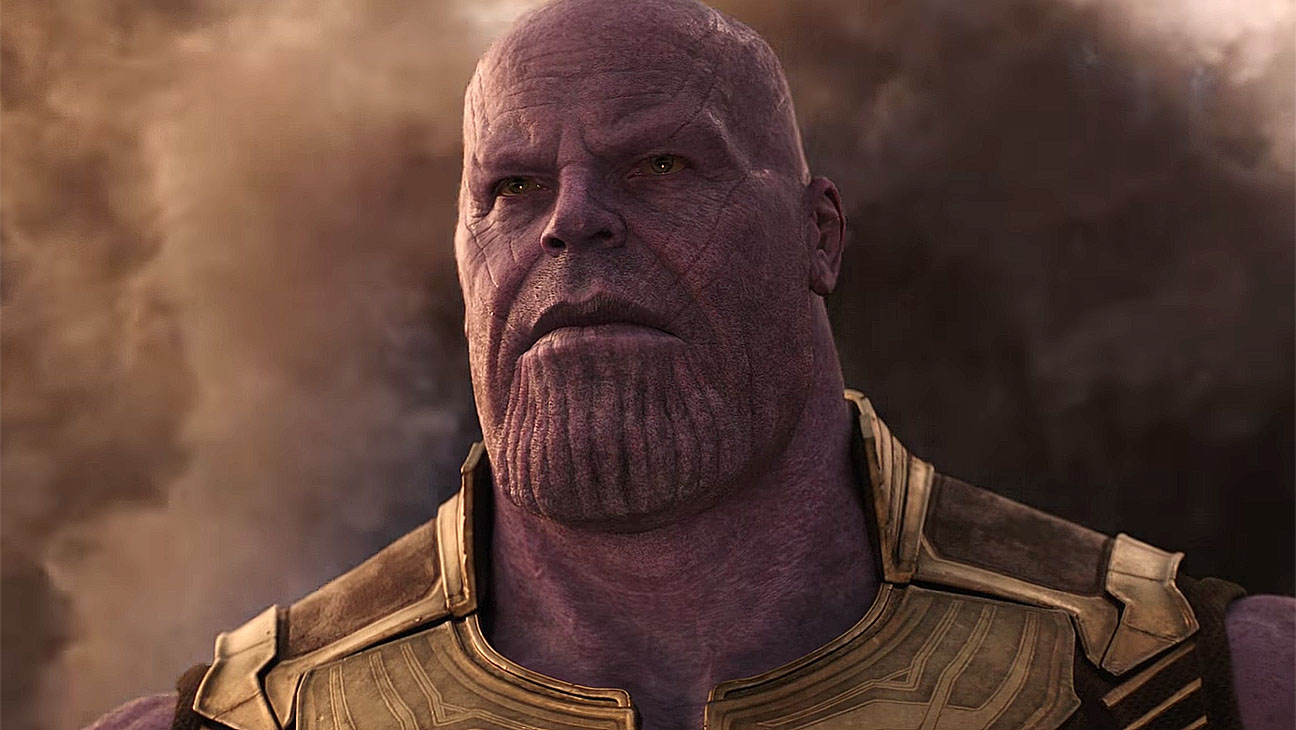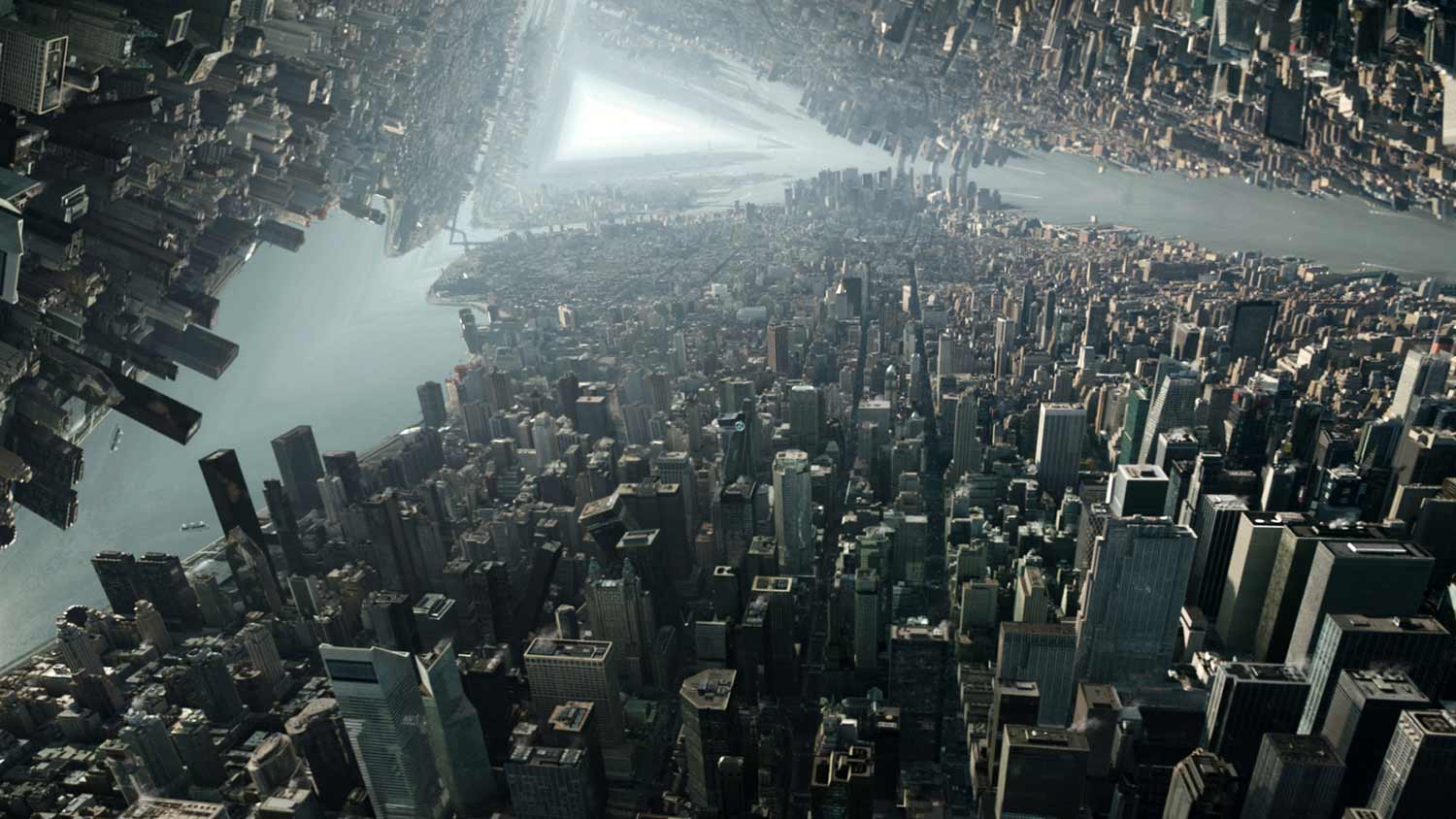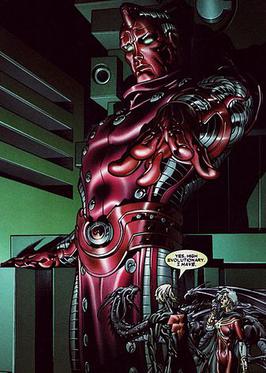The March 2019 acquisition of 21st Century Fox by The Walt Disney Company generated plenty of business headlines, but one of the biggest conversation topics among superhero movie fans was what the deal meant for Marvel Comics’ famous mutants, the X-Men.
With Wolverine, Jean Grey, and the rest of Marvel’s team of mutant superheroes now under the Disney banner, and essentially confirmed to be integrated into the Marvel Cinematic Universe by Marvel Studios President Kevin Feige during San Diego Comic-Con, X-Men’s arrival in the MCU is only a matter of time. Given everything we know about the MCU and Marvel Comics mythology, there are more than a few plausible scenarios that could bring the X-Men into the universe shared by the Avengers and Guardians of the Galaxy. Here are five intriguing narrative possibilities that could help Marvel ease the transition nicely.
(Warning: This post contains spoilers from previous Marvel movies like Spider-Man: Far From Home and the latest Avengers films.
The snap effect

Humanity went through quite the ordeal during Thanos’ invasion of Earth, from half the population being turned to dust in Avengers: Infinity War to those people being suddenly snapped back into existence five years later in Avengers: Endgame. We saw some of the aftereffects of those snaps heard ’round the universe in Spider-Man: Far From Home, but let’s face it: Anything could have happened when such a massive amount of energy rippled through the very fabric of the universe.
In Far From Home, Spider-Man (alongside more than a few SHIELD agents) was ready to believe that using the Infinity Gauntlet ripped a hole in the multiverse, so it’s within the realm of possibility that a few strands of DNA might have been tweaked during one — or both — of those snaps. Marvel fans, do you want new mutants? Because that’s how we end up with new mutants.
Speaking of the multiverse …

We didn’t get the multiverse we expected in Spider-Man: Far From Home, but various other Marvel movies — particularly Doctor Strange and Ant-Man — have made it clear that the worlds we’ve seen in the films exist among many for the MCU’s heroes (and villains). Marvel recently announced plans to bring Doctor Strange in the Multiverse of Madness to theaters in 2021, and the title alone suggests that we’ll be introduced to a few new universes within the MCU.
Could one of those universes feature a group of mutant heroes who fight dangerous villains to defend a world that fears them anyway? The existence of a multiverse makes a lot of things possible, and Marvel could even blow audiences’ minds by suggesting that the entire X-Men film franchise up to this point has unfolded in one of the multiverse’s alternate dimensions. Acknowledging the original franchise would be a bold (and unlikely) move, but if Marvel wants to do so, you can bet it will be entertaining.
Coming out of hiding
Does Marvel really need another massive, universe-shifting event to bring the X-Men into the MCU? Maybe not. Rather than shake up the studio’s universe, the best option might just be to go the low-key route, and reveal that mutants have been in the MCU all along.

One of the key aspects of early X-Men adventures — and a running theme through later stories — is mutants dealing with persecution. They’re often portrayed as outcasts, rejected by their family, friends, or communities due to their abilities, so it stands to reason that generations of mutants have learned to keep their powers undercover.
Siblings Wanda and Pietro Maximoff, who were introduced in Avengers: Age of Ultron as captive test subjects of HYDRA villain Baron Strucker, were initially identified as mutants in Marvel Comics lore, albeit as villains — so there’s some precedent for characters of their nature to exist alongside non-mutant heroes and villains. The events of Infinity War and Endgame seem like just the sort of thing to bring mutants out of hiding, and inspire one of their own to create a safe space for them to live and learn while training them to use their powerful abilities.
Cap 2.0?

In 2008, Marvel Comics offered a new spin on its mutant characters’ origins in its Ultimate Comics line, which was set in a parallel Earth and allowed modern writers to effectively reboot long-established story arcs and characters. The line is best known for introducing the version of Nick Fury that inspired Samuel Jackson’s portrayal of the character in the MCU, but in the 2008 Ultimate Origins series, it also revealed that a secret government agency was responsible for introducing humans with altered DNA into the population while attempting to replicate the super-soldier project that turned Steve Rogers into Captain America.
With Steve Rogers seemingly departing the MCU at the conclusion of Endgame, a scenario like the one described in the Ultimate Origins series certainly seems like a possibility. We’ve already seen similar plot points used effectively in Captain America: Winter Soldier and Avengers: Age of Ultron (with Winter Soldier and, as mentioned, Wanda and Pietro Maximoff, aka Scarlet Witch and Quicksilver, respectively), so the events that lead to mutants in the MCU seem that much more plausible now.
Cosmic meddling

One of the weirdest possible ways to introduce the X-Men — and mutants as a whole — into the MCU could involve some of Marvel Comics’ most bizarre (and complicated) characters. Reports suggest that Guardians of the Galaxy Vol. 3 will put the genetically manipulated hero Rocket Raccoon front and center, while prior installments of the franchise have hinted that the cosmic hero known as Adam Warlock might also be in the mix at some point. As distanced as they might seem from each other narratively, both characters have an interesting figure that has occupied their story arcs on more than one occasion: The High Evolutionary.
A former genetic scientist whose obsession with perfecting and accelerating the evolutionary process turned him into a powerful enemy and ally to Marvel’s heroes at various points, the High Evolutionary’s history is filled with moments in which he meddled with the human genetic code. If Marvel wants to up the cosmic ante with the next phase of its cinematic universe, introducing the High Evolutionary offers a chance to do just that while simultaneously providing an easy narrative path to its movie mutants.
Editors' Recommendations
- Does Monarch: Legacy of Monsters signal the slow death of the cinematic universe as we know it?
- The MCU should adapt X-Men: Evolution. Here’s why
- Should Edgar Wright finally join the MCU and direct Ant-Man 4?
- 20 reasons why X2: X-Men United still rules 20 years later
- How Guardians of the Galaxy changed the MCU forever




